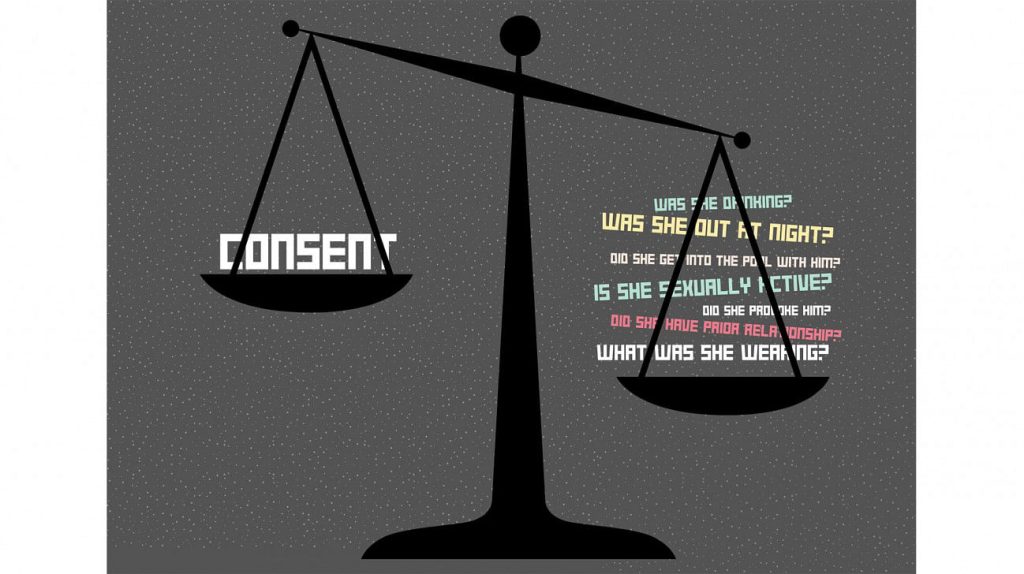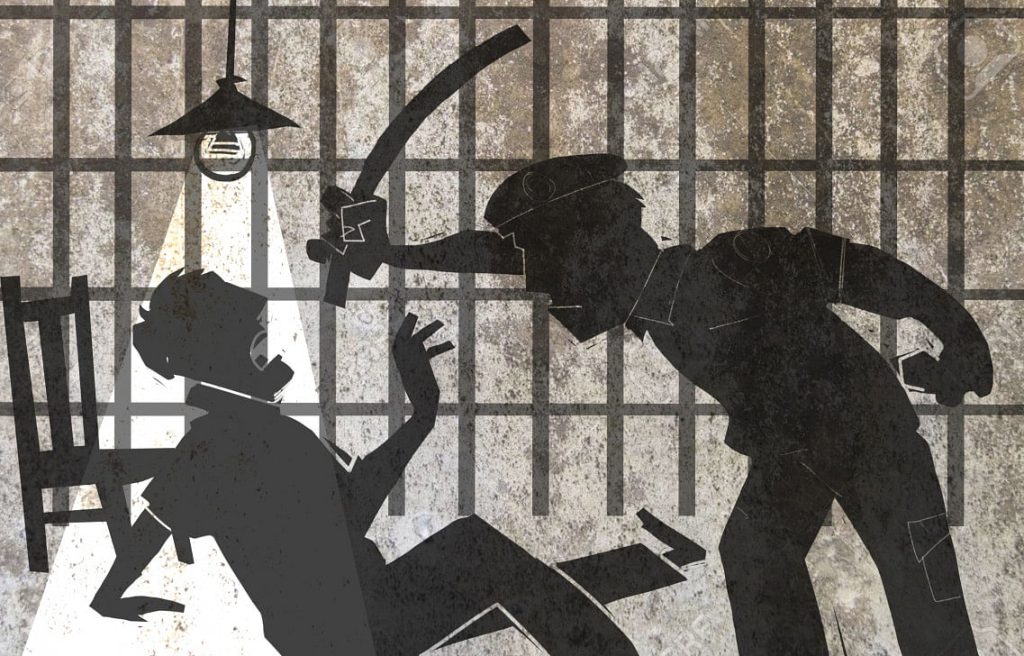If six months ago someone had proposed shutting down the whole world to resolve a crisis, they would have been laughed off. In times of shock, impossible ideas suddenly seem possible and, more often than not, it’s the corporations that reap the benefits of that possibility.
This theory of disaster capitalism was discussed by Canadian author and social activist Naomi Klein in her book “The Shock Doctrine”. The regulations and policies which capitalist corporations usually have a harder time getting approved, due to ardent opposition, are suddenly passed in the sweeping shockwave of a disaster, or pre-existing hurdles are suddenly removed.
Those ideas for regulatory changes do not unexpectedly emerge once the country goes into crisis mode, nor are they proposed to alleviate suffering during the crisis, Klein argues. They usually have those ideas already formulated. And exploiting the vulnerability of governments in the wake of a disaster, corporations can then easily have approval for their demands. In such a time, governments are less likely to think through the implications of these policies.
The citizens’ collective disorientation during a crisis, when merely surviving is a battle, produces just the right conditions for disaster capitalists to thrive. We are too baffled to pay attention to the policies getting passed and definitely too fatigued to oppose them. When death count leads the newspapers, policy changes feel like non-issues and logically get pushed towards the back pages.
This brings me to the inevitably upcoming (and already existing) crisis of climate change. For example, in Canada, the Alberta government abused the distraction offered by the pandemic to massively deregulate oil extraction, push through controversial oil pipelines and pull down legislative, regulatory and financial impediments to oil sands development.
Now let us put this reality against the ecofascist propaganda that surfaced soon after the lockdown began. “We’re the virus, and nature is healing,” read every other post on social media. Is it really, though?
The exploitative oil and gas corporations are lobbying hard to receive tax cuts so that they can return with added vigour and catch up with the profits lost during the pandemic. Saying “humans are the virus” is problematic on multiple levels. First, this far-right agenda tries to justify the human cost of coronavirus, that a specific chunk of the population is more valuable than the rest. The RMG workers in Bangladesh were made to walk hundreds of miles into the capital for a measly sum in the most crucial moment of the nationwide lockdown. This was soon followed by a response from the BGMEA president that these poor, vulnerable workers are strong enough to keep producing cheap clothes to keep the economy running. However, in reality, this group of people are unlikely to get tested properly, and likely to get added to the undocumented death count. Second, by claiming that “people are the virus” instead of pointing fingers at a system that nurtures greed and profit and invalidates human life, we justify the deaths of poor, marginalised and ethnic minorities as well as the elderly, because they remain the most vulnerable, and are usually the first ones to go. Third, saying we are the virus enables the rich and powerful to completely detach themselves from their liability and avoid taking any real, tangible steps to undo and reduce the environmental damage they are inflicting.
In a way, we are lucky that coronavirus comes with some techniques to reduce the damage; we can practise social distancing, work from home and practise good hygiene to flatten the curve. Despite failing to build up the healthcare system, we could minimise some damage by taking these drastic steps when the disaster kicked down our door. Unfortunately, the same cannot be done about the climate crisis. It is ultimately a slow-burning poison, which simply cannot be put off for the very last moment. Once again, the poor and the marginalised will suffer the first blow and it will widen the socio-economic divide where the rich will keep getting richer, quite like Jeff Bezos. While the pandemic has carried him closer towards a trillionaire status, the people who work for his multi-billion corporation Amazon have to go on strike just for basic protective equipment.
The tendency of denying a crisis follows the same script. First, established science gets questioned, followed by the assurance that everything is under control. We’ve seen this tactic being used for years to neutralise the very warranted panic around the changing climate, and we saw it recently for coronavirus. For decades, environmentalists’ concerns have been put off and meticulously-drawn-out policies were manufactured so that all the powerful countries of the world had ample time, opportunities and excuses to shelve the reduction of carbon emissions. The people were told that it is not so easy to execute.
And yet, this pandemic has proven that radical change is possible literally overnight, once the world goes into an unavoidable crisis mode. However, in the context of climate change, if we wait till the irreversible crisis mode is activated, the human cost and economic loss will be unimaginably high. When the policymakers tell us it is impossible, let us not forget that it is an eyewash because we have already done what was previously unthinkable. Let us not forget how helpless this pandemic makes us feel, what it feels like to not be able to find a bed at the hospital for our loved ones, to not be able to help everyone we want. Let us not forget the plight of the RMG workers who were unfairly brought to the city amid the pandemic, or the horrific situation millions are facing while having to make a choice between life and livelihood.
We all want to return to our normal lives, and that is the root of the problem. That life should not have been normalised to begin with. In the wake of this obscene disaster capitalism, we do not have the luxury to be fatigued. The progressives must also take advantage of this shockwave to execute changes that have been shelved for ages under the excuse of being impossible. Expecting to solve the climate crisis by piggybacking on the pandemic is futile. Nature is not healing itself; in fact, it is about to get much worse, unless we act now.
This opinion was originally published in The Daily Star (2020).




